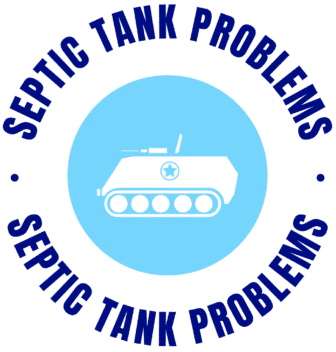Homeowners who own septic systems rely solely on private sewage disposal since their system is not connected to a central wastewater system. It is their primary concern to maintain their system’s working condition and you will always hear them ask, “Should I buy septic tank additives? Are they beneficial for my septic system?” What are septic tank additives and their role in cleaning septic tanks?
Additives are known to be used in septic systems to liquefy or gasify bio-solids in the septic tank, improve settling of scum/solids to the bottom of the system and rejuvenate stressed bacteria in the septic tank to eliminate clogged soil absorption. They are sometimes referred to as starters, feeders and cleaners.
Starters are often used for newly constructed systems or those that have been recently pumped. Bacteria are added to the system to get the system going. Feeders, on the other hand, act as food for the bacteria inside the tank to help them become healthier or reproduce faster. They produce enzymes necessary for growth of bacteria. Bacteria in septic tanks play an important role in the system, without them, digestion of solid waste will not occur. That may result in clogging of the system. Feeders are most helpful when the homeowner puts too many disinfectants and cleaning products to kill bacteria or if they use medication such as antibiotics and flush them in the toilet. Feeders help these bacteria recover faster so they can do their job in solid digestion. The other type of additive is the cleaners. Cleaners are responsible for cleaning the pipes and the septic tanks. For homeowners who are skeptical about pumping their septic systems, septic tank cleaners are readily available in the stores for their use.
Moreover, additives are divided into two categories:
- Chemical additives. These include organic and inorganic compounds. Chemical additives “have limited use today“according to an article about environmental health. It is because sulfuric acid is on active ingredient for this type of additive. This ingredient is highly corrosive and can cause structural damage to the system. Exposure of soil and underground water to this type of harmful chemical can harm the environment.
- Biological additives. These additives are made from bacteria, yeast and enzymes. They help increase the efficiency of bacteria in breaking up the solids inside the system. They are often marketed as routine maintenance, used in a weekly or monthly basis to maintain the balance of the septic system. Unlike chemical additives, wastewater experts don’t see any adverse environmental effect on biological additives.
The use of biological additives is encouraged to counter chemical depletion of bacteria colonies. Additionally, it has been proven that the use of these products, enzymes in particular, help in the reduction of oil and grease in the septic tank. Also, using biological additives can help reduce the amount of out flowing solids in the septic tank under its bacterial “die-off” conditions. Die-off condition occurs when a homeowner uses bleach, anti-bacterial agents such as medications, and other toxic substances that result to elimination of necessary bacteria in the tank.
Chemical additives are showing a reduction in popularity due to their potentially detrimental effects on the septic systems ecology and structure. Biological additives, on the other hand, are readily available for purchase at hardware and home improvement stores and supermarkets. These products rarely pose any harm to the system itself, or the environment.
